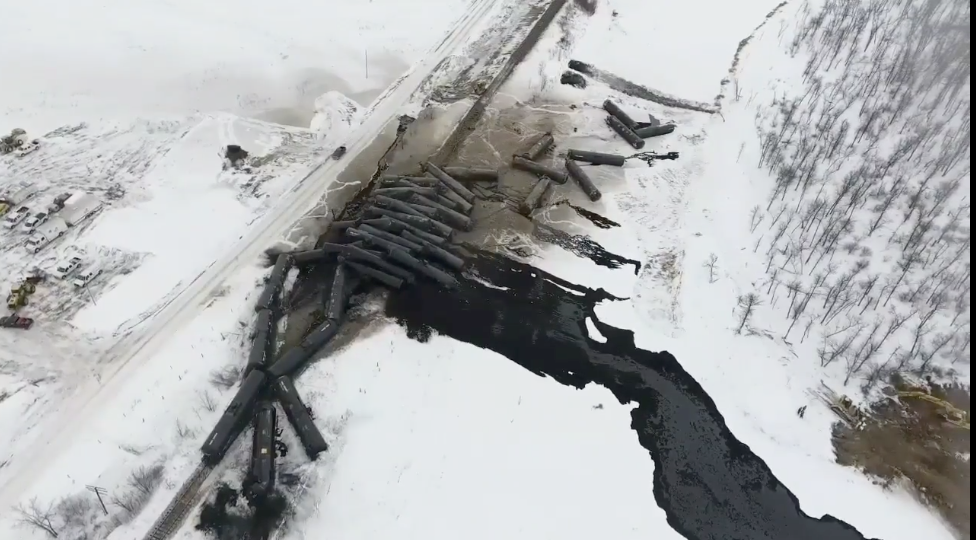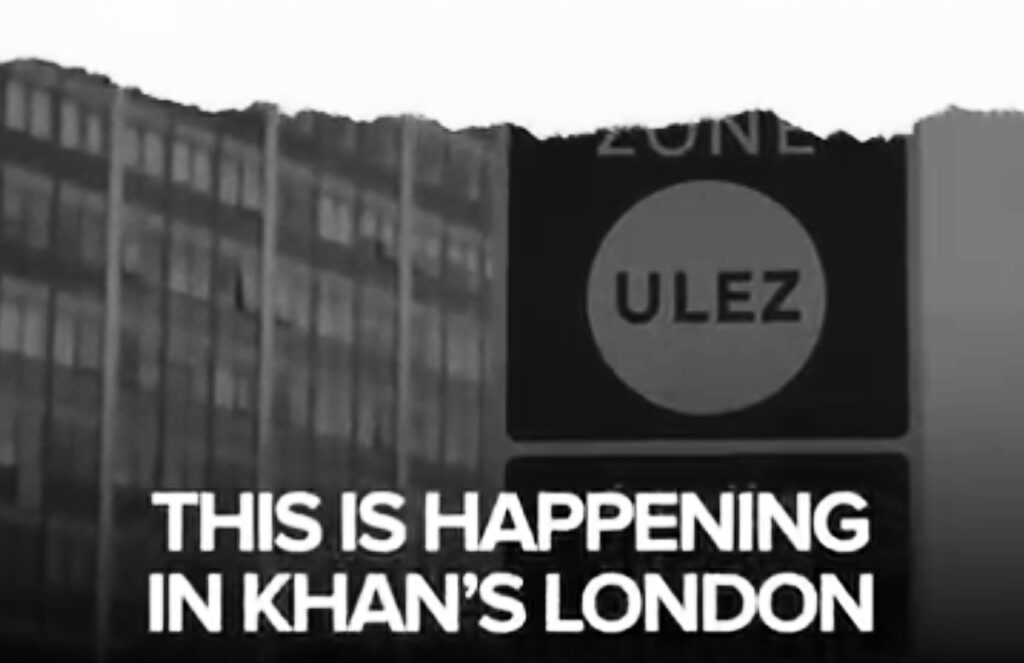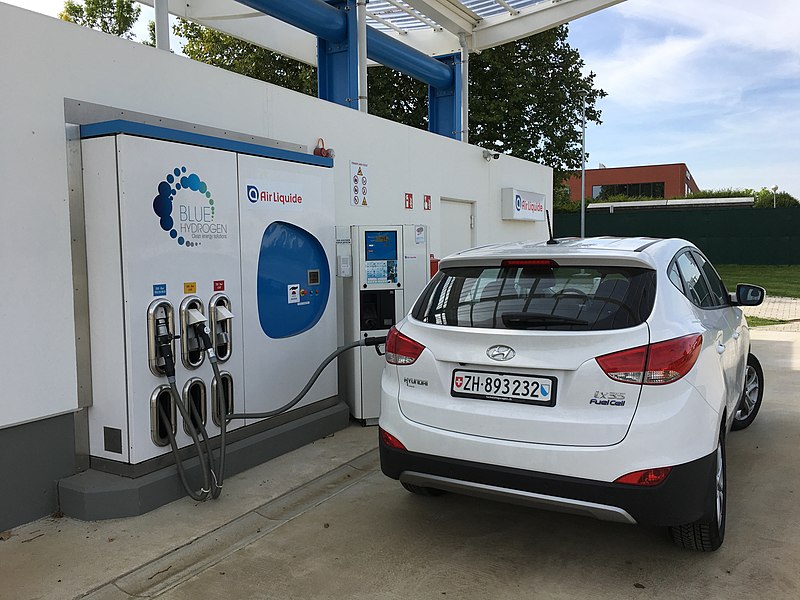The government of Alberta, Canada, the heart of tar sands country, recently announced plans to get into the oil-by-rail business. Attempting to work around a lack of pipelines, the provincial government intends to spend $3.7 billion to lease 4,400 oil tank cars and locomotives to export more Canadian tar sands oil to the U.S. The announcement came just days after the latest oil train derailment and spill in Manitoba, Canada.
Alberta Premier Rachel Notley addressed concerns about safety regarding the oil trains.
“We are treating the safety of these rail cars as though they are traveling through our own backyards,” Notley said. “The cars we will be using will be the safest cars on the tracks. They include the safest technology and meet the highest standards including all recent changes to safety standards.”
New regulations enacted after the 2013 oil train disaster killed 47 in Lac-Mégantic, Quebec, require oil and rail companies to use newer rail cars to move oil. And while these new tank cars — known as DOT-117 and 117Rs — are more robust than the older tank cars involved in the deadly incident, they aren’t immune to the forces of a train derailment.
In the past year, two Canadian oil trains consisting of these “safest” tank cars have derailed and resulted in large oil spills. In June 2018, a train from Canada derailed and spilled 230,000 gallons of oil into floodwaters in Iowa.
The most recent oil train crash, which occurred on a ranch in Manitoba on February 16, involved 37 derailed tank cars. No details have been released on the amount of oil spilled, but aerial photos show streams of dark black oil leaking from the damaged tank cars.
While Premier Notley claims that these new rail cars are the safest, that doesn’t mean they will survive a derailment intact. Oil trains will continue to derail and cause large fires and spills.
Drone footage shows an overhead view of the oil spill on a western Manitoba ranch caused by a train derailment.
Global News will have an update from rancher Jayme Corr, Wednesday.
READ MORE: https://t.co/EpQneAy5uB pic.twitter.com/433QlCoc7K— 680 CJOB (@680CJOB) February 20, 2019
Oil-By-Rail Becomes an Election Issue
Not everyone is welcoming Alberta’s plans to get into the oil-by-rail business, which will likely become an issue in the upcoming election. The announcement was criticized by Jason Kenney, leader of Alberta’s Official Opposition United Conservative Party, who told the CBC that, “If elected, a United Conservative government will subject today’s [oil-by-rail] proposal to that value-for-money review.”
While Notley claims that the Alberta government will make over $2 billion in revenue from the investment, Kenney is skeptical. He says the deal is something Canadian taxpayers “cannot afford” and called it “corporate welfare.”
The skepticism about the deal’s finances comes after recent reports that Canada likely overpaid in purchasing the Trans Mountain pipeline expansion project when Kinder Morgan couldn’t find a buyer — another Canadian government effort to support the money-losing tar sands industry.
Dueling Policies Mean Economics Not Working for Oil-By-Rail
Oil-by-rail can cost as much as $15 more a barrel for Canadian producers to transport the oil to the U.S. Gulf Coast compared to pipelines. It only makes economic sense for oil producers to use rail when the discount for Western Canadian Select (WCS, Canadian) oil versus West Texas Intermediate (WTI, American) oil is more that $15.
In late 2018, that discount was as high as $50 per barrel, which led Canadian producers to export a record 354,000 barrels of oil per day by rail in December. However, the steep discounts for WCS oil meant the Alberta tar sands industry was losing money on all of the oil it sold.
This situation led to Premier Notley announcing mandatory oil production cuts in early December, which very effectively decreased the discount for WCS oil. However, with the discount below $15, many producers are choosing to no longer use trains to move oil because it is no longer economically viable.
In mid-February, the CEO of oil producer Suncor commented on this unintended consequence of the production cuts.
“The rail economics are seriously damaged,” said Suncor CEO Steve Williams. “A lot of the rail movements are stopping or have stopped.”
Yet the Alberta government is now investing in moving oil by rail.
Train derailment in St Lazaro, MB. 40 cars left the tracks. Cars contain oil. pic.twitter.com/FFqkwgBptj
— Calidon (@CalidonLeasing) February 16, 2019
Whether or not Canadian government efforts to save the struggling tar sands industry succeed, the risks of moving oil-by-rail are well known.
The latest oil train derailment and spill demonstrate a maxim among oil spill responders: It’s not a question of if the next oil spill happens but when. That would also seem to apply as more Canadian oil moves by rail and more oil spills inevitably occur.
While the oil may be moving in the “safest” rail cars — those cars are by no means safe.
Main image: Oil train derailment and spill near Manitoba in February 2019. Credit: Screen capture from drone video by Amon Rudolph
Subscribe to our newsletter
Stay up to date with DeSmog news and alerts






